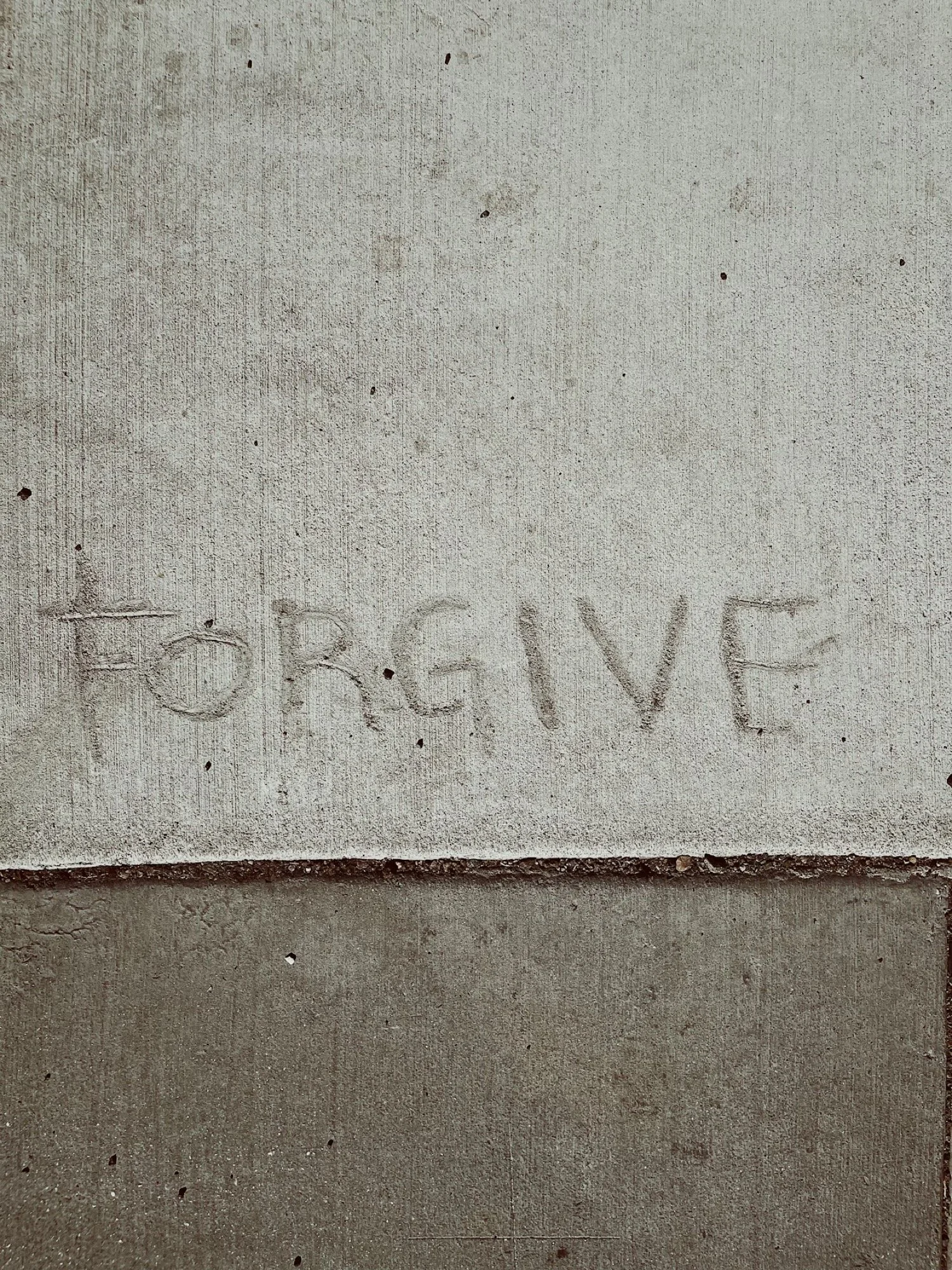Readings for today: 2 Samuel 24, 1 Chronicles 21-22, Psalms 30
More and more studies are being conducted on the impact of social media on our mental health. The results are scary. It is becoming clear that prolonged social media use presents like addiction with similar accompanying symptoms. (Neglect of personal life, mental preoccupation, escapism, etc.) The more we use social media, the less happy we seem to be and the more socially isolated we become. The comparisons social media invites is not good for our well-being. Furthermore, social media is specifically designed to trigger dopamine “highs” in the brain. Dopamine release is triggered by unpredictability, small bits of information that can be digested quickly, and most importantly, reward cues. (i.e. number of “likes” on FB, number of “followers” on Instagram, number of “retweets” on Twitter, etc.)
I think about the number of people I know who draw at least part of their self-worth off of the number of friends they have on Facebook. The number of times people hit the “heart” button on an Instagram pic. The number of retweets and likes a pithy phrase gets on X or the amount of views on a YouTube video. This is especially true for young people. But it’s not just social media. I think of the number of pastors I know who draw their self-worth off the number of people who show up on a weekend for worship. I think of the pressure there is in most churches for numerical growth. I think of the uncritical assumptions too many Christians make that larger churches must be doing something “right” and smaller churches must be doing something “wrong.”
Why are we so obsessed with numbers? It does seem to be an American phenomenon. I travel the world fairly regularly. I’ve been to China, South Korea, Mexico, Ethiopia, South Sudan, and Uganda. In fact, I just arrived in Ethiopia this morning. I’ve interacted with pastors from all around the world in lots of different settings. In my experience, they just don’t seem as hung up as we are on numbers. That isn’t to say they ignore them. They pay attention. They evaluate. They are wise and discerning. But there isn’t the emotional attachment American Christians, and especially American pastors, seem to have with attendance, buildings, and budgets. It’s like we get a dopamine “high” every time the sanctuary is full.
It’s why I find this story about David from 2 Samuel 24 and 1 Chronicles 21 so convicting. David wants to number his people. He wants to know the size of his army. He wants to measure his influence and power. He wants to feel safe and in control. The images I have in my head are of third-world despots throwing military parades to show off their strength. David is clearly feeling insecure and in that moment, Satan strikes. The results are tragic. “This is what the Lord says: ‘Take your choice: three years of famine, or three months of devastation by your foes with the sword of your enemy overtaking you, or three days of the sword of the Lord, a plague on the land, the angel of the Lord bringing destruction to the whole territory of Israel.’” (1 Chronicles 21:11-12 CSB) God is teaching David a lesson in humility. He is teaching David about true strength. He is teaching David about true security. David’s trust must remain in God alone.
70,000 die from the plague. This is where the story gets confusing and difficult. Why would God do such a thing? Is it just a coincidence and the Biblical authors are choosing to interpret the event theologically? After all, the ancient people believed God was involved in everything and they were far more willing to accept God’s judgment as well as His grace. Is it because David is king and, in the ancient near east, the king’s decisions had consequences? Not just for himself but for the people he ruled. Again, we don’t understand this way of thinking because we are far more individualistic as a society. Then again, maybe we do? How many times do you hear pastors interpret natural disasters as the judgment of God? How many times do our political leaders make decisions that result in real pain and suffering for real people in our country or another nation? David decides to number his fighting men and around the same time, a plague begins. It is brutal. Virulent. And it kills. Somewhere in David’s mind, Gad’s mind, Joab’s mind and the minds of many others, these events are related. The plague is perceived as God’s punishment on Israel for David’s sinful choices. And perhaps it is. We cannot dismiss the possibility out of hand for God’s ways are not our ways and His thoughts are higher than our thoughts. He has clearly told His people over and over again that there are consequences...real, life-threatening consequences...for sin. God’s justice and righteousness will not be mocked.
So how do we respond? What does this mean for our lives? What’s our takeaway from our reading today? First and foremost, it should lead us to confession and repentance. I think of all the times I too have made the mistake of placing my faith in numbers or drawn my mental health and well-being from the number of likes on social media or worked for the affirmation of others. None of us is immune. Second, we let our failures lead us to the cross. To the place where the penalty for our sin was paid. To the place where God’s judgment was fully and completely and utterly satisfied by the death of our Lord and Savior. We are not condemned and that is truly good news. Third, it should inspire us to live more faithfully for Christ. To place all my hope and all my trust in Him. To rest secure under the shadow of His wings.
Readings for tomorrow: Psalms 108-109




